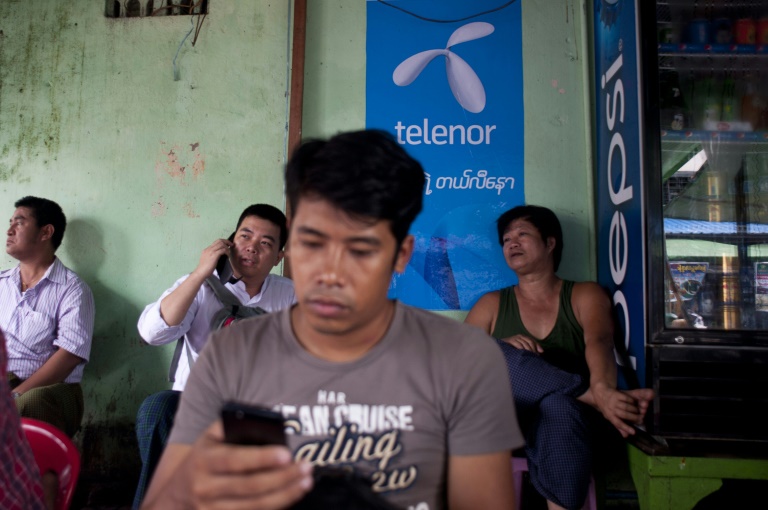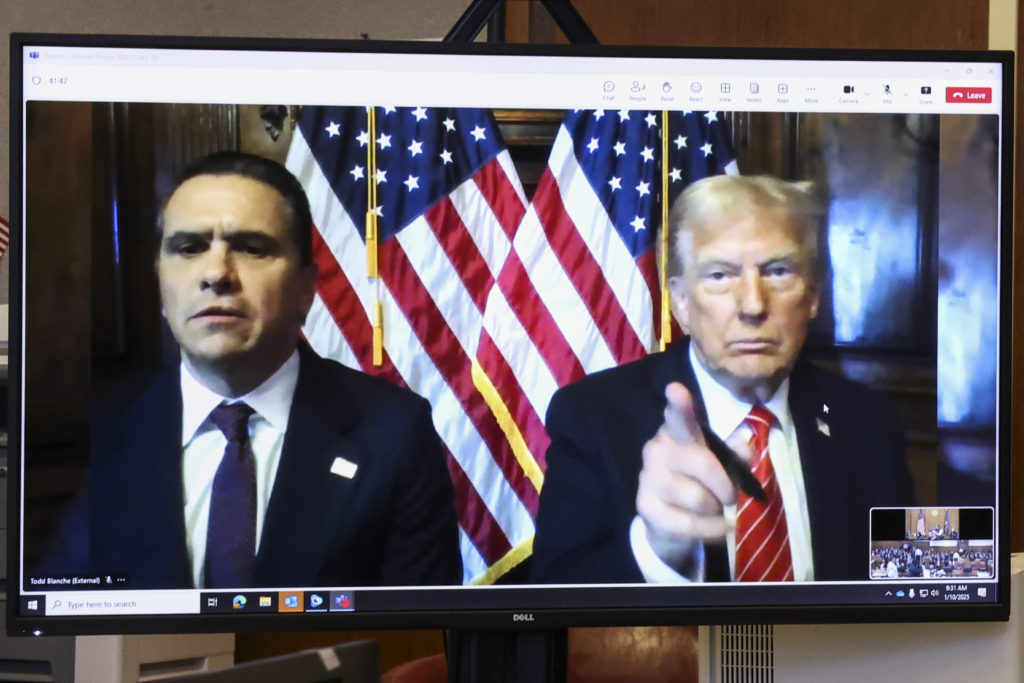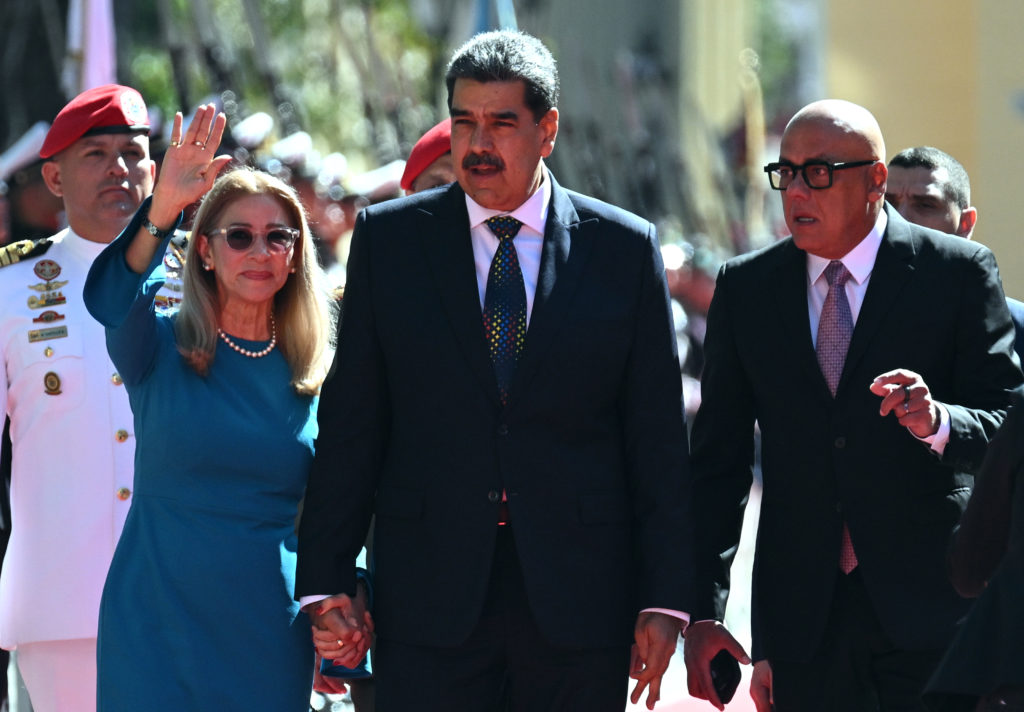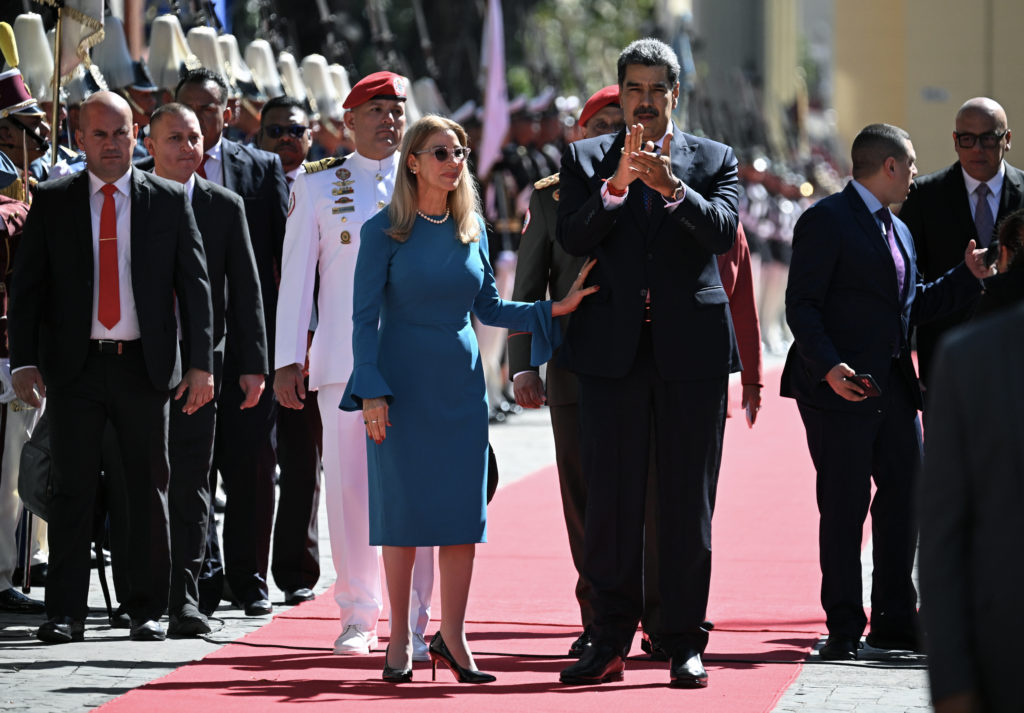Myanmar’s junta has approved the sale of Norwegian telecoms giant Telenor’s Myanmar subsidiary to Lebanese conglomerate M1 Group, both companies said on Friday, in a move activist groups warn could put sensitive customer data in the hands of the military.
The Southeast Asian nation has been in chaos since a coup last year sparked huge protests and a bloody military crackdown on dissent, sending the economy into freefall.
In July, Telenor announced that it planned to divest its lucrative subsidiary Telenor Myanmar, whose value it had written down to zero, and later cited junta demands that it install monitoring equipment on the network as a reason for leaving the country.
“We could not endure the situation in Myanmar any longer as local laws conflicted with international laws in addition to our own values,” Telenor CEO Sigve Brekke told AFP.
“The day the military took over, the battle for customer security was lost. The reality is that the military is responsible for issues we have been experiencing, concerning customer data and human rights,” Brekke added.
After months of waiting, on Friday Telenor and M1 — which is helmed by Lebanese Prime Minister Najib Mikati — both said the sale had been approved by the Myanmar junta.
“M1 Group has been informed that the Myanmar Investment Commission has approved Telenor Group’s application for the sale of Telenor Myanmar to Investcom PTE Ltd, an M1 Group affiliate,” M1 said in a statement.
A separate statement from Telenor said the sale had been given “final regulatory approval”.
In order to satisfy a junta demand, M1 will partner with local consortium Shwe Byain Phyu that will eventually control 80 percent of the entity, Telenor said.
Founded in 1996, Shwe Byain Phyu started out distributing petroleum products for the then-military government, and employs more than 2,000 people in Myanmar.
It has interests in petroleum trading, manufacturing, commodities trading and marine products, according to its website, which lists no previous telecoms experience.
Commercially active in Myanmar since 2014, Telenor has 18 million subscribers there through its subsidiary.
“Sanctions screening from external consultants has assured Telenor that Shwe Byain Phyu and its owners are not subject to any current international sanctions,” the Norwegian firm said in its statement.
– ‘Mitigate harm’ –
Last year, 474 civil society groups in Myanmar called Telenor’s decision to pull out irresponsible, saying it had not sufficiently considered the impact on human rights.
The divestment risks putting the data of millions of customers in the hands of the ruling military junta, according to a complaint filed last month in Norway.
In September, Telenor itself said the military junta was demanding the installation of telecommunications spying equipment, a demand the group at the time said it had refused.
“A key reason for selling Telenor Myanmar is that we do not want to activate intercept equipment, which all operators are required to,” Brekke reiterated on Friday.
“Activation of such equipment is subject to Norwegian and EU sanctions. As of today, Telenor has not activated intercept equipment,” he added.
“How this will be in the future, we don’t know.”
Activist groups say any new owner could comply with future requests from the junta to provide cellphone data of dissidents protesting against the putsch that ousted Aung San Suu Kyi’s government last year.
M1 would only hand customer data over to authorities in junta-run Myanmar if the request is made in the “correct judicial and legal manner,” its CEO Azmi Mikati told AFP in an interview Friday.
“There are still many things Telenor can do to mitigate harm,” said Joseph Wilde-Ramsing, senior researcher at SOMO, a Netherlands-based non-profit that conducts research and advocacy on corporations.
“If they won’t take any steps to minimise the data transfer, they can still do things like set up a fund to help victims, remediate some of the harms they are going to be contributing to with the sale.”
More than 1,600 people have been killed by security forces and over 11,000 arrested since the coup, according to a local monitoring group.










